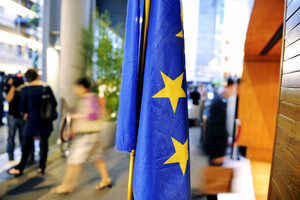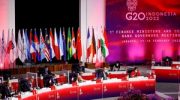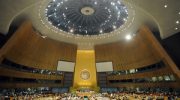At the moment, we are talking about the political approval of this issue.

The European Council on Foreign Affairs plans to discuss the issue further military support of Ukraine in the war launched by Russia against it, and to adopt a political decision that will enable the allocation of the fifth tranche from the Peace Opportunities Fund for military support of Ukraine. This was announced by a high-ranking European diplomat on Friday in Brussels on the eve of the meeting to be held on Monday, Interfax-Ukraine writes.
“First. We expect to discuss further military support for Ukraine. At the same time, this will be the first meeting of the Council of Ministers after the candidate status was approved for Ukraine – this will also be a subject of discussion. There will also be a discussion of sanctions – we are working on a number of measures, and it will be contact with Minister Kuleba, who will inform the ministers of foreign affairs about the development of the situation in Ukraine,” he announced.
According to the high-ranking official, it is expected that a political decision will be made during the meeting, which will “pave the way for a possible fifth tranche from the Peace Opportunities Fund.”
“Technically, the decision (to allocate the fifth tranche) will not be made on Monday, but we will see if it will be possible to get a political solution,” he clarified.
He added that the ministers will discuss the implementation of the already adopted six packages of sanctions, but they will not adopt new sanctions on Monday.
The interlocutor of the journalists stated that the EU intends to continue acting in “three directions: the first is to continue supporting Ukraine, the second is to weaken Russia and the third is to conduct a dialogue with the international community regarding the consequences of the conflict”.
Recall thatthe European Union plans to announce and approve the seventh package of anti-Russian sanctions within a week. According to preliminary data, it may include a ban on Russian gold, an expanded list of dual-purpose goods prohibited for export to Russia, as well as sanctions against about fifty individuals and legal entities associated with the leadership of the Russian Federation.


